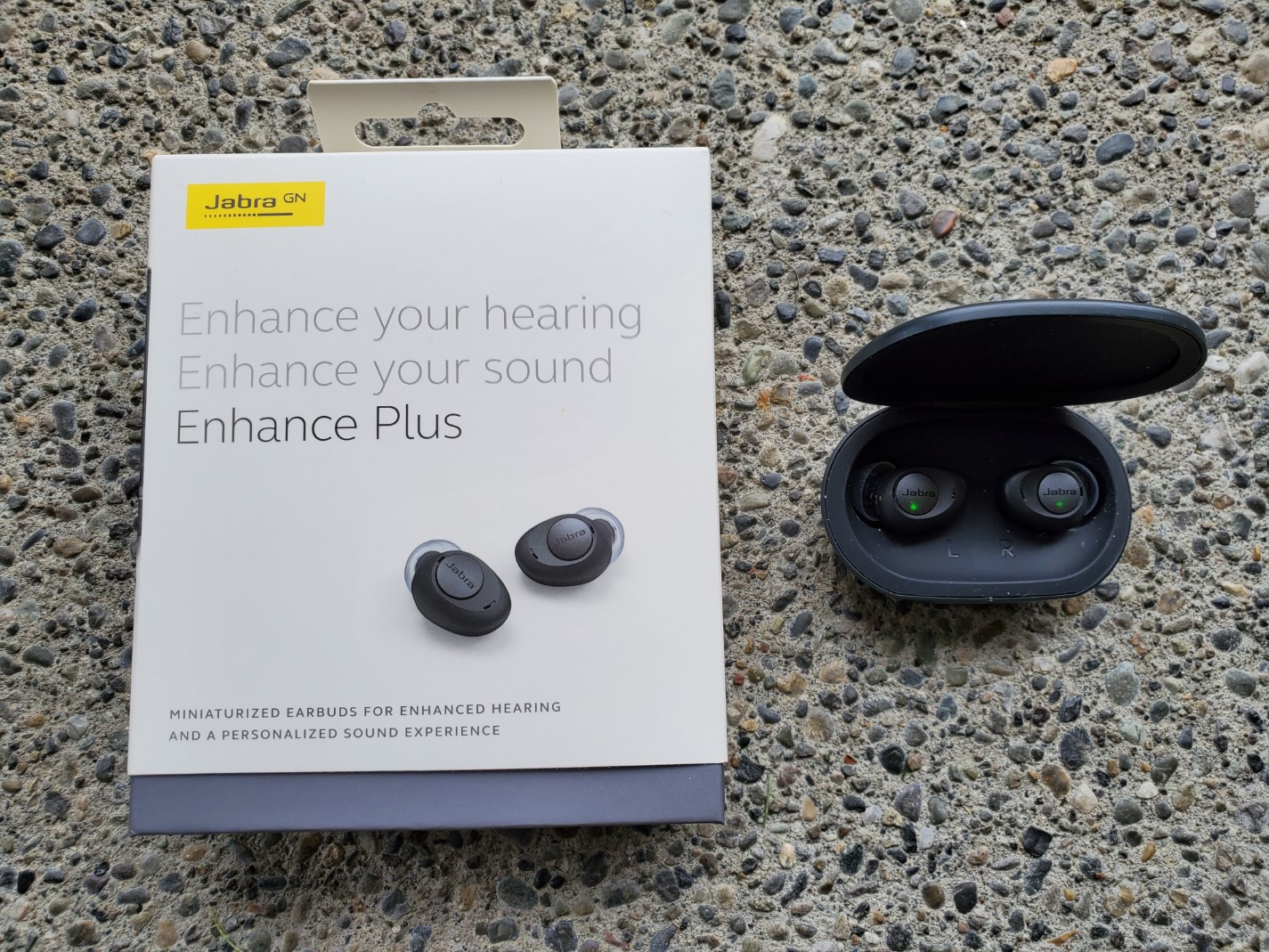'ZDNET Recommends': What exactly does it mean?
ZDNET's recommendations are based on many hours of testing, research, and comparison shopping. We gather data from the best available sources, including vendor and retailer listings as well as other relevant and independent reviews sites. And we pore over customer reviews to find out what matters to real people who already own and use the products and services we’re assessing.
When you click through from our site to a retailer and buy a product or service, we may earn affiliate commissions. This helps support our work, but does not affect what we cover or how, and it does not affect the price you pay. Neither ZDNET nor the author are compensated for these independent reviews. Indeed, we follow strict guidelines that ensure our editorial content is never influenced by advertisers.
ZDNET's editorial team writes on behalf of you, our reader. Our goal is to deliver the most accurate information and the most knowledgeable advice possible in order to help you make smarter buying decisions on tech gear and a wide array of products and services. Our editors thoroughly review and fact-check every article to ensure that our content meets the highest standards. If we have made an error or published misleading information, we will correct or clarify the article. If you see inaccuracies in our content, please report the mistake via this form.
Jabra Enhance Plus review: Compact earbuds for people with mild hearing loss

Studies indicate that there are about 20 million Americans that have untreated hearing loss but may also not be ready for hearing aids. Jabra states that there is an average six-year gap between noticing hearing loss and seeking professional help with hearing aids. As we get older and our hearing fails, there are situations where enhanced audio experiences are desired, and that is where the new Jabra Enhance Plus earbuds may be warranted.
I spent a few years in operating engine rooms of ships and am nearing my mid-50s, so I am starting to experience some hearing loss when compared to my younger years. Potential customers must visit a Jabra Enhance center facility in order to assess their hearing and determine if the Jabra Enhance Plus is right for them. Jabra sent a sample for us to test out without visiting one of these centers, but they are present across the U.S., so hopefully, at least one is close to you. The Jabra Enhance Plus is eligible for FSA and HSA as a health device.

Jabra Enhance plus
pros and cons
- Distinct hearing enhancement performance
- Extremely comfortable and secure fit
- Solid 10-hour battery life
- IP52 dust/water resistance
- Works well for music and calls
- Affordable for the intended purpose
- Only supports Apple iPhone
- No button press for voice assistants
This new Jabra headset is not designed to compete with the ever-growing number of wireless earbuds with active noise cancellation and is also not designed to serve as daily hearing aids. The earbuds are for people with mild to moderate hearing loss who struggle to hear the audio during situational periods, such as during meetings while watching a TV show or while out walking with family and friends. There are clearly periods throughout the day when having an audio device to enhance your hearing is warranted.
Hardware
The retail package includes two wireless earbuds, a charging case with an integrated battery, a short USB-A to USB-C cable, and small/medium/large silicone gel earbud tips. A USB-C port is positioned on the back to charge up the case and earbuds. Wireless charging is not supported.
The charging case is slim and fits easily in pockets. The inside of the case is lined with soft-touch material to protect the earbuds. Strong magnets help you align the earbuds in the storage compartments for accurate charging connections too. A LED charging indicator light is positioned on the front where you lift up the lid to reveal the earbuds.
Also: Jabra Elite 7 Pro review: Buy for outstanding phone calls, not for ANC
The earbuds themselves are very small and the most compact earbuds I can ever remember testing. Jabra stated that the Enhance plus is 40% smaller than the Jabra Elite 7 Pro earbuds. The medium silicone tip is installed in the box, and that fits me well. There is a fit test in the software to help make sure you have the right-sized tip for your ears. Unlike other earbuds, the tips do not extend too far into your ears, and with the small size, the earbuds rest along the bottom edge of your ear rather than taking up much of your ear opening.
A 10-hour battery life with another 20 hours provided by the charging case is advertised by Jabra. My experiences confirm the battery life estimate is accurate, which is rather remarkable given how small the earbuds are. Each earbud also works independently, so you can extend the battery life with single earbud use and coordinated charging with the case.
A single large button is found on the outside face of the earbud with a LED indicator light. Minimal functionality is provided by the buttons, with a single press of the left earbud turning down the volume and a single press of the right earbud increasing the volume. A double press of the left button will mute the headset.
Bluetooth 5.2 is used for the wireless connection to your iPhone. You can purchase the earbuds in Gold Beige and Dark Grey. Despite the earbuds not being focused on health and fitness, they do have an IP52 splash-proof rating so that you can use them in inclement weather.
Setup with an iPhone
The Jabra Enhance Plus only works with the Apple iPhone so if you have an Android smartphone, you currently cannot use the Enhance Plus headset. Usually, the first thing you do when you have a new headset is open the Bluetooth settings on your phone to connect to the headset, and then sometimes, you might find a headphone brand-specific app that offers enhanced features. If you attempt this, you will not find the headset in the list of devices available to connect with.
Start by opening Settings>Accessibility>Hearing Devices and then add a new device. The Jabra Enhance Plus is technically a medical device with FDA clearance. Note that there are a few options available within this accessibility area, including streaming to each earbud, adjusting independently toggling, microphone level slider bars, and more. After you have your new headset setup in the iPhone accessibility settings, then you can open up the Jabra Enhance smartphone app.
Jabra Enhance smartphone software
The Jabra Enhance app is used to manage this specific Enhance Plus headset and is much different from the Jabra Sound Plus application. The Jabra Enhance Plus headset will not appear in the Jabra Sound Plus application, so don't attempt to make a connection through that application.
In order to have the best experience with the Jabra Enhance Plus, open up the personalization option in the settings. The app will first walk you through a couple of displays showing how to achieve the best fit for your ears. After fitting is complete, note that you may have to switch out from the medium gel tip, you can move on to the personalization wizard.
Find a quiet room or location to perform this test for the optimal performance of the headset. The app will actually check to see if the location you are in is quiet enough for personalization using the mics on your iPhone. A practice session for your right ear will take place with you tapping the screen as soon as you hear a tone. Tones of various levels will play to test your hearing, very similar to the hearing test you go through at the doctor's office. The test takes about 2-3 minutes, with a status indicator bar appearing along the bottom of the display.
After the hearing test is conducted, an option to select a speech filter is presented. You can listen to a sample conversation with clear, normal, and full options. Your hearing profile is then shown with treble, mid, and bass levels shown for both left and right ears.
The main display on the app shows your listening mode and then the volume level, 0-10, for that mode. Adaptive mode automatically adjusts to your surroundings and the conversations around you. Focus mode uses directional beamforming microphones to focus on sounds close to you. Surround mode allows you to hear more of the surrounding ambient sounds and may be good for eavesdropping. I prefer to use an adaptive mode with a volume level of 6 to 7 most of the time.
Also: Jabra Elite 3 review: Forget AirPods, these $80 earbuds offer more for less
You can always choose to go back and perform another personalization test if your hearing changes or you find the earbuds are not performing as you desire. Firmware updates are performed through the Jabra Enhance app, as well as very simple guides and a basic setting to have the listen mode settings automatically remember the volume level.
Daily usage experiences and conclusions
It was interesting to use the Jabra Enhance Plus, and with very mild hearing loss, I did find that they were helpful in some situations. I walk about a mile between the train station and the office, and given the current state of things in the city, I appreciate wearing the Jabra Enhance Plus on my walk as it helps increase my awareness of the sounds around me, and I feel safer walking with them in my ears. I've also enjoyed watching some television content when multiple people are in the room, and hearing the TV content was difficult.
Wearing the Jabra Enhance Plus while typing on the keyboard, walking on hardwood floors, and other activities in a quiet environment were a bit overwhelming at first as the sounds were quite loud in my ears. Talking, eating, coughing, and hearing your own voice louder than without the earbuds was also a different experience, known as the occlusion effect.
Unlike typical hearing aids, you can also use the Jabra Enhance Plus just like you would a typical set of audio earbuds. I enjoyed music, podcasts, and the audio from video content that was playing on my iPhone through to the earbuds. In addition, you can use the earbuds for phone calls. Phone calls aren't advised with the earbuds in loud surroundings, though, as the audio can be a bit overwhelming as there is not much noise reduction for calls.
While the $799 price is high if you are comparing them to other standard wireless earbuds (you shouldn't), this is actually quite low when compared to hearing aids. Hearing aids range in price from about $1,000 to more than $6,000. Again, the Jabra Enhance Plus is not designed to serve as daily wear hearing aids, but they fill the gap between using your ears with no aids and going all-in with hearing aids. If you suffer some mild hearing loss and want something to help you hear better in select situations, then you should schedule a visit to one of the certified Jabra Enhance centers.